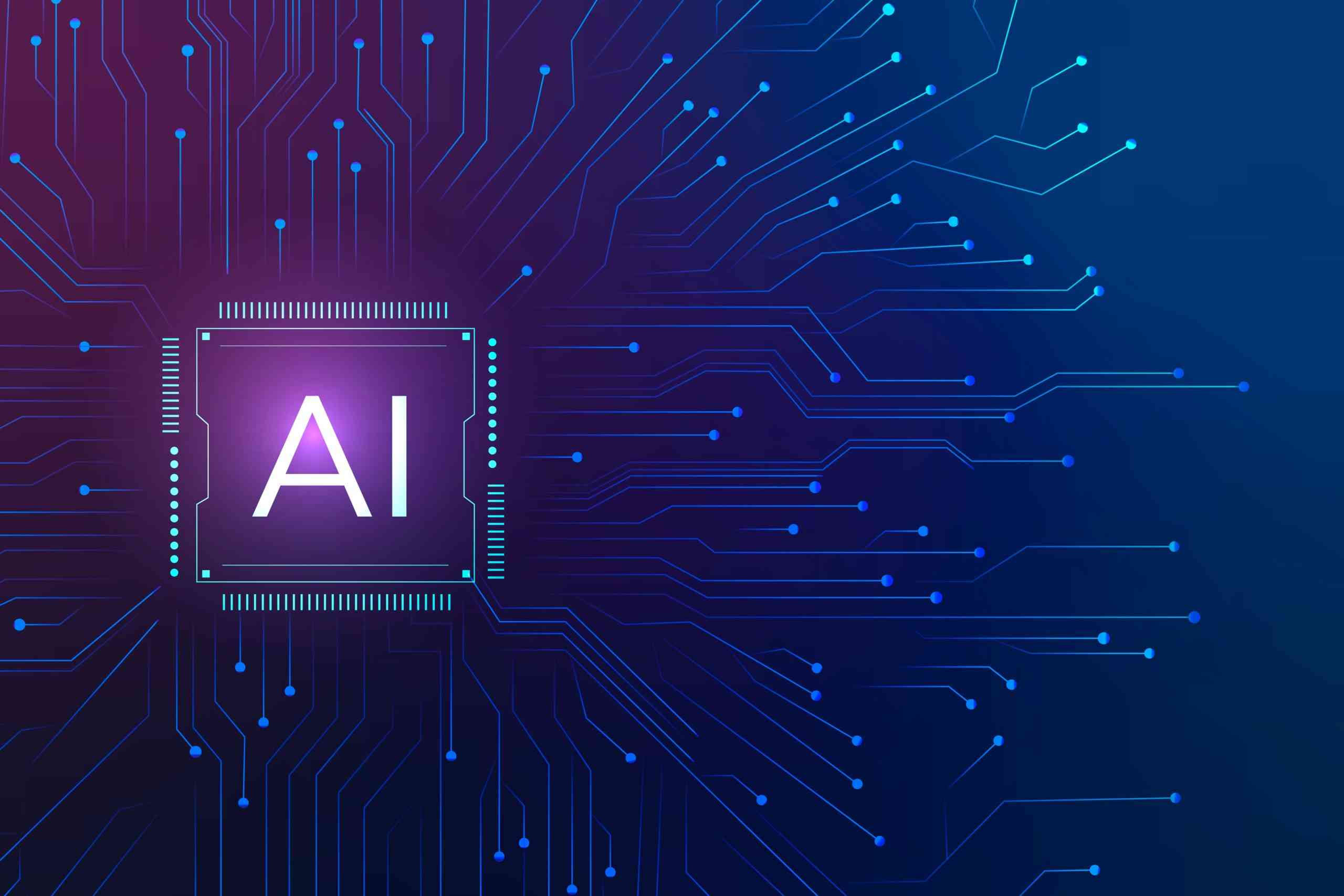
THIS week, we are returning to the fundamentals. It is a chance for new readers to catch up with us, to facilitate the inclusion of readers regardless of when they joined us.
For regulars, it is a chance to refresh your understanding and reinforce key concepts, strengthening your foundation for future discussions.
In the rapidly evolving digital landscape of today, artificial intelligence (AI) stands as a cornerstone, significantly augmenting communication through a myriad of everyday applications.
Let us delve deeper into the multifaceted role that AI plays in enhancing communication, home automation, shopping experiences, healthcare advancements, transportation innovations, and entertainment realms, reshaping our daily lives and interactions with the world around us.
Communication
Communication is the bedrock of societal interactions, and AI has seamlessly integrated into various communication channels, transforming how we engage and connect with others.
Through AI-powered chatbots, businesses can provide real-time customer support and personalised interactions, elevating service quality and efficiency.
Emails
- Public relations: How artificial intelligence is changing the face of PR
- Queen Lozikeyi singer preaches peace
- Public relations: How artificial intelligence is changing the face of PR
- Business opinion: Branding through Artificial Intelligence
Keep Reading
Moreover, AI algorithms are revolutionising the way we manage our emails through intelligent filtering systems. These systems analyse user behaviour and content, categorising and prioritising incoming emails, thus streamlining inbox management and ensuring essential messages are not overlooked.
By harnessing AI technology, email filters enhance productivity and declutter inboxes, allowing users to focus on critical tasks more effectively.
Smart speakers – Alexa, Siri etc
The advent of smart speakers, driven by AI technologies like Amazon Echo, popularly known as Alexa and Apple HomePod popularly known as Siri, has ushered in a new era of convenience in communication and home automation.
These smart devices respond to voice commands, providing instant access to information, music, weather updates, and smart home controls.
By utilising natural language processing and personalised responses, smart speakers offer an intuitive and seamless communication experience, making daily tasks more manageable and interconnected.
Home automation
Moving beyond communication, AI's influence extends to revolutionising home automation and lifestyle experiences. AI-powered smart home devices, such as thermostats, light bulbs, and security systems, empower users to control their living spaces remotely and effortlessly through voice commands.
By learning user preferences and adapting settings, these devices enhance energy efficiency, security, and overall comfort, illustrating a personalised and interconnected living environment.
Fitness
Additionally, fitness trackers equipped with AI capabilities monitor health metrics, activity levels, and sleep patterns, providing tailored recommendations and insights to help users achieve their fitness goals. These wearable devices analyse data over time, offering personalised exercise plans, goal setting, and motivational feedback, thus fostering healthier lifestyle habits and encouraging overall well-being.
Robotic vacuum cleaners
Robotic vacuum cleaners represent another facet of AI integration into our lives, offering autonomous cleaning solutions that optimise efficiency and convenience. By leveraging AI algorithms and sensors, these devices navigate through homes, map out room layouts, and adapt cleaning routes for thorough and customised cleaning experiences. The seamless integration of AI enhances household chores, freeing up time for more meaningful activities and promoting a harmonious living environment.
Shopping
In the realm of shopping experiences, AI-driven applications are transforming how we discover, purchase, and interact with products and services.
Personalised product recommendations, powered by AI algorithms, analyse user behaviour and preferences to suggest relevant items tailored to individual tastes.
Moreover, automated inventory management systems, driven by AI technology, play a pivotal role in optimising product availability, preventing stock-outs, and reducing excess inventory costs.
By predicting demand patterns, monitoring stock levels, and analysing sales data, these systems enable retailers to efficiently manage their inventory, ensuring timely restocking and improved customer service.
Self-checkout kiosks represent a prime example of how AI is reshaping the retail landscape, enabling seamless and contactless transactions for customers. By leveraging AI technologies such as computer vision and machine learning, these automated systems streamline the checkout process, allowing users to scan and pay for items independently.
Healthcare
In the dynamic field of healthcare, AI emerges as a catalyst for transformative advances in medical diagnosis, drug discovery, and patient care. Medical diagnosis tools powered by AI algorithms analyse vast datasets of medical images with remarkable accuracy, assisting healthcare professionals in early disease detection and precise diagnosis.
From interpreting X-rays to MRI scans, AI-driven diagnostic systems enhance diagnostic capabilities, leading to improved healthcare outcomes and better patient care. AI-driven drug discovery algorithms are propelling innovation in the pharmaceutical industry, accelerating the development of novel medications.
By leveraging machine learning and predictive analytics, these algorithms analyse biological data, identify potential drug candidates, and optimise molecular structures, significantly reducing the time and cost associated with traditional drug discovery methods.
The seamless integration of AI technology into healthcare platforms and mobile applications empowers patients to access medical advice conveniently and connect with healthcare providers, irrespective of geographical limitations.
Self driving vehicles
In the realm of transportation, AI technologies are driving innovative solutions that enhance safety, efficiency, and convenience in our daily travels.
Self-driving cars equipped with sophisticated sensors and AI algorithms navigate roads autonomously, detect obstacles in real-time, and make split-second decisions to ensure safe and efficient commuting experiences.
By leveraging machine learning and computer vision technologies, these autonomous vehicles promise to revolutionise road safety and transform the future of transportation.
Intelligent traffic management systems, powered by AI, optimise traffic flow and reduce congestion on roads and highways by analysing real-time traffic data.
By dynamically adjusting traffic signals, managing lane closures, and rerouting vehicles, these systems alleviate bottlenecks and improve overall traffic efficiency.
Entertainment
In the entertainment industry, AI technologies are reshaping how we consume and interact with various forms of entertainment, including movies, music, and video games. Personalised movie recommendation engines, powered by AI algorithms, analyse user preferences and viewing histories to offer tailored film suggestions that cater to individual tastes.
AI-powered music streaming apps curate personalised playlists based on individual listening habits, genres, and moods, creating custom music experiences for users.
By analysing listening histories and music preferences, these apps introduce users to new artists, songs, and genres, providing a seamless and engaging music listening experience.
The intersection of AI and music streaming platforms enables music enthusiasts to discover new content, enjoy personalised playlists, and immerse themselves in a tailored auditory journey that resonates with their tastes and preferences.
The gaming industry is witnessing a paradigm shift with the integration of AI technologies that enhance character behaviours, decision-making, and overall gaming experiences.
Game developers are increasingly incorporating AI algorithms to create immersive and dynamic in-game experiences, where non-player characters (NPCs) exhibit lifelike behaviours, adapt to player actions, and make autonomous decisions based on the game's context.
Conclusion
In conclusion, artificial intelligence (AI) emerges as a transformative force that permeates and reshapes various facets of our daily lives, from communication and home automation to healthcare advancements, transportation innovations, and entertainment experiences.
By leveraging AI technologies, we navigate a world of unprecedented convenience, efficiency, personalisation, and interconnectedness, promising a future where human-machine collaboration fosters innovation, creativity, and enhanced quality of life across diverse domains.
The fusion of AI with human ingenuity heralds a new era of possibilities, where intelligent systems and algorithms synergise with human aspirations and endeavours, propelling us towards a future brimming with limitless potential and boundless opportunities for growth and evolution.
- Bangure is a filmmaker with extensive experience in print and electronic news production technologies. He is an AI enthusiast and scholar. — [email protected]










